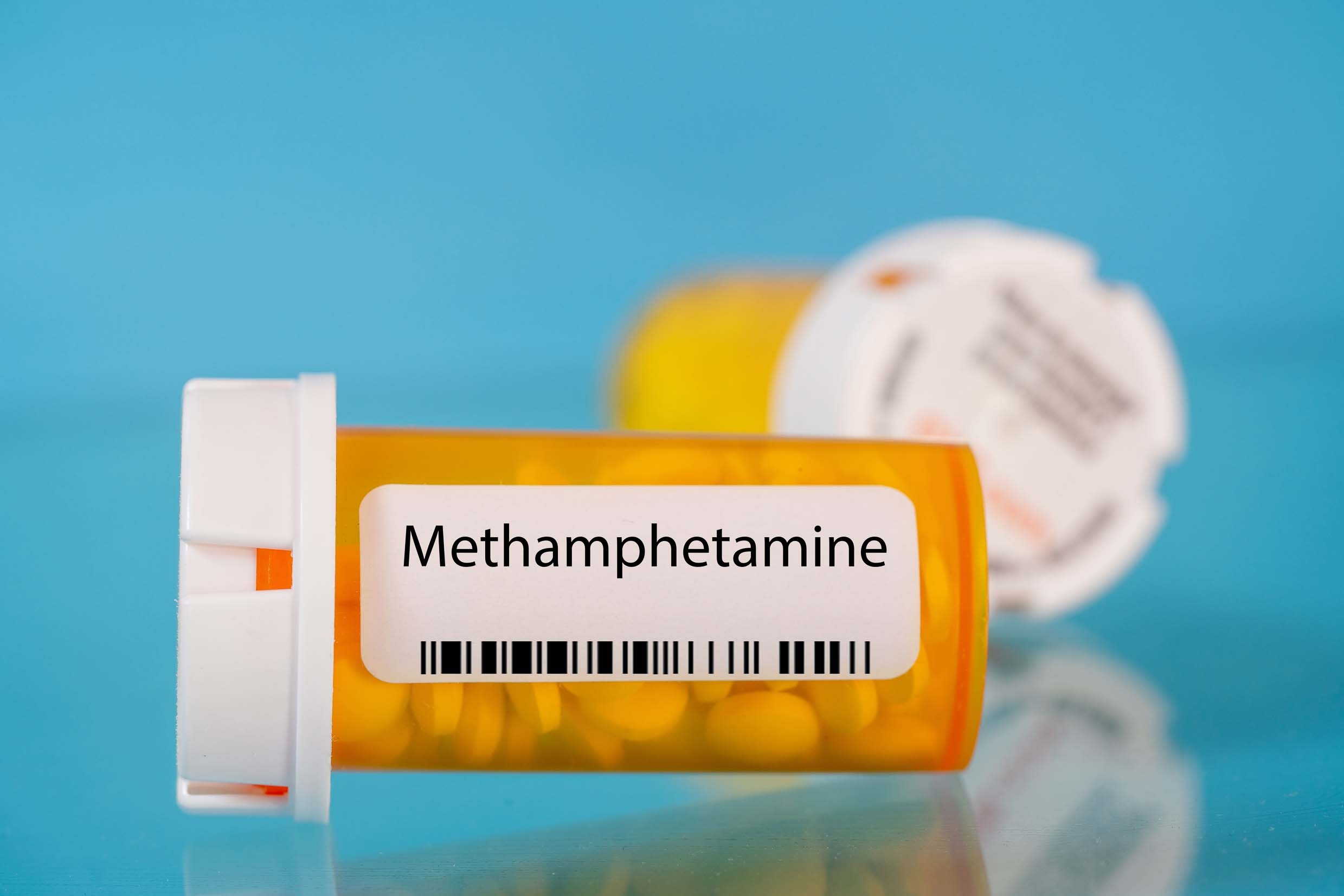According to the National Survey on Drug Use and Health (SAMHSA, 2021), around 0.9 % or about 2.6 million people in the United States aged 12 or older reported using methamphetamine. The report also emphasized that methamphetamine remains a “highly potent and addictive stimulant” that “poses greater threats than opioids” because it “contributes to violent crime (NIDA,2020).” The consequences of methamphetamine misuse range from violent behavior, paranoia, hallucinations, mood disturbances, and hyperthermia (SAMHSA,2022). With its potential for detrimental individual and societal consequences, it is important to focus our attention on addressing and seeking to prevent the misuse of methamphetamine.
Dr. Monthe Kofos is a Year-3 Psychiatric Resident at the Texas Institute of Graduate Medical Education and Research. With his passion for psychiatry, he is a proud member of the American Society of Addiction Medicine (ASAM), the American Academy of Psychiatry and the Law (AAPL), and the American Academy of Addiction Psychiatry (AAAP). As a fellow at the Addiction Training for Health Professionals (ATHP) program, he affirms his commitment to making a difference in the future of public health education. Dr. Kofos recently presented a seminar to medical students where he discussed the topic of “Acute Methamphetamine Intoxification.” His presentation elaborated on how to go about testing for methamphetamine, common clinical features of methamphetamine intoxication to observe in the emergency department, differential diagnosis and procedures, and protocols for administering emergency medication to patients.
Dr. Kofos reiterated that methamphetamine, ‘meth’ or ‘crystal meth’ is one of the most commonly abused stimulants, and patients with meth addictions are typically admitted to the emergency department. He remarked that some underlying psychiatric conditions may accompany meth addiction. Psychotic symptoms and syndromes are among the possible effects of methamphetamine and usually occur regardless of any prior history of psychosis. It predisposes many vulnerable subgroups that use methamphetamine to either onset symptoms or an exacerbation of pre-existing psychotic symptoms. A UN report confirmed that methamphetamine is not only related to the development of heart disease but “users may also suffer from depression and/or psychosis, either of which can contribute to a higher risk of death by suicide (UNODC,2018).”
For this reason, he stresses the importance of being aware of these conditions and ensuring follow-up with psychiatry services with the patient. When discussing the pitfalls of managing methamphetamine cases, he noted that “violence is imminent where methamphetamine is involved, especially in ordering emergency medication.” It is essential to understand that there is a “huge potential for violence” ranging from “no violence to extreme violence without any warning.” Dr. Kofos advised the medical students to be mindful of the warning signs of escalating violence and tread carefully when de-escalating or defusing potentially violent situations.

ATHP recognizes that the growing use of methamphetamine poses a grave threat to individuals and society. However, this trend can be curbed and the fatality rate lessened by ensuring access to appropriate evidence-based management techniques and effective treatments. To that end, one of the priorities of ATHP is to prepare physicians and health care professionals to adequately screen, diagnose and treat patients with substance use disorders.
References
Substance Abuse and Mental Health Services Administration. (2021) Key substance use and mental health indicators in the United States:Samhsa.gov. https://www.samhsa.gov/data/
Substance Abuse and Mental Health Services Administration. (2022). Know the Risks of Meth. Www.samhsa.gov. https://www.samhsa.gov/meth
United Nations Office on Drugs and Crime. (2018). Methamphetamine continues to dominate synthetic drug markets. https://www.unodc.org/documents/scientific/Global_Smart_Update_20_web.pdf

Reisha Narine MSc, BSc
Author

